Fondazione ISEC was launched in 1973 for the purpose of collecting, conserving and enhancing sources of the history of the Italian Resistance movement and the labour movement. Over time, Fondazione ISEC has become a national reference point for whoever is interested in events concerning the political, economic and social history of contemporary Italy. Year by year, many archives belonging to large manufacturing companies, political parties and their representatives, activists and advocates in the fields of trade unions and industrial associations have been added to the original corpus of documents.
Today ISEC conserves an impressive archival and book heritage: 5 km of documents, 170,000 photographs, 100,000 technical drawings, 1,500 political manifestos, 500 hours of interviews, 100,000 books, 4,000 newspapers. ISEC was acknowledged by Mibact (Ministry of Cultural Heritage and Activities and Tourism) as an economic and territorial archive, and by Regione Lombardia as an archive of remarkable historical interest. ISEC is part of the Istituto Nazionale Ferruccio Parri-Rete degli Istituti storici della Resistenza e dell’età contemporanea.
ISEC makes its archival, bibliographic, photographic and audio-visual heritage available to the scientific community, schools and citizens through its public study hall.
Furthermore, Fondazione ISEC is committed to far-reaching activities aimed at promoting cultural knowledge and awareness:
• Encouraging research in the historic field and its dissemination through events, publications, exhibitions, laboratories
• Tutoring for researchers and students
• Promoting public history projects for active citizenships, addressed to the local community and the metropolitan Milano area
• Promoting educational and teaching programmes for teachers and schools, with laboratories in its archive
• Promoting internship and dual training projects
• Consulting services for archives and libraries
Fondazione ISEC today
Organization
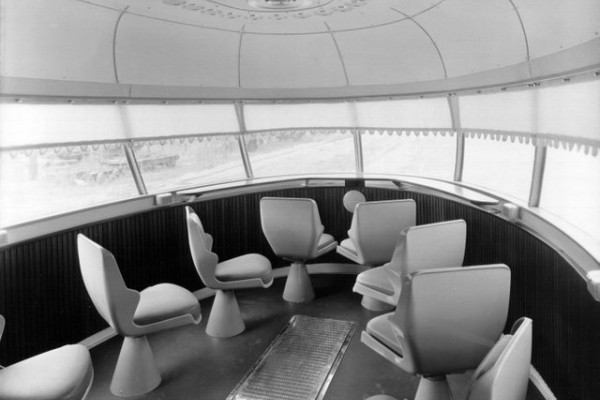
President
• Gianni Cervetti
Management Board:
• Antonio Calabrò
• Salvatore Carrubba
• Gianni Cervetti
• Piergaetano Marchetti
• Alberto Martinelli
• Alessandro Pollio Salimbeni
• Carlo Tognoli
General Council:
• Guido Acquaviva, Comune di Milano e Corte Speciale del Kosovo (Specialist Chambers, KRSJI)
• Aldo Carera, Università cattolica di Milano
• Ivano Granata, Università degli studi di Milano
• Gabriele Pasqui, Politecnico di Milano
• Maurizio Savoja, Soprintendenza archivistica e bibliografica della Lombardia
• Alessandro Vitale, Università degli studi di Milano e Regione Lombardia
Audit Committee:
• Luca Novarese
• Sarina Scuto
• Ugo Zanello
Scientific committee:
• Stefano Agnoletto, BI Norwegian Bussiness School Oslo, with the responsibility for the "Internationalization".
• Franco Amatori, Università Bocconi di Milano
• Giuseppe Berta, Università Bocconi di Milano
• Luigi Borgomaneri, ricercatore indipendente
• Matteo Bolocan Goldstein, Politecnico di Milano
• Valentina Fava, Technische Universität Berlin, with the responsibility for the "Internationalization"
• Mimmo Franzinelli, Istituto nazionale Ferruccio Parri
• Luigi Ganapini, Università degli studi di Bologna
• Roberta Garruccio, Università degli studi di Milano
• Uliano Lucas, photographer
• Stefano Musso, Università degli studi di Torino
• Giovanni Scirocco, Università degli studi di Bergamo
• Mariamargherita Scotti, independent researcher
Statute
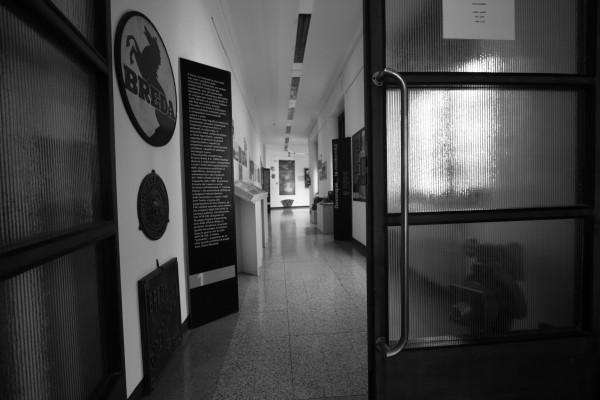
«È costituita la Fondazione Istituto per la Storia dell’Età Contemporanea (ISEC) – ONLUS.
La sede legale è in Sesto San Giovanni (Mi) Largo La Marmora, n.17. La Fondazione, nell’esclusivo perseguimento di finalità di solidarietà sociale, promuove lo studio e la conoscenza della storia sociale, politica, economica e culturale dell’Italia contemporanea, con particolare riferimento alle vicende delle imprese, del lavoro, delle lotte politiche e sociali. La Fondazione ispira la propria attività ai valori e agli ideali di democrazia, libertà e pluralismo espressi dalla lotta di liberazione e contenuti nella Costituzione repubblicana».
Staff
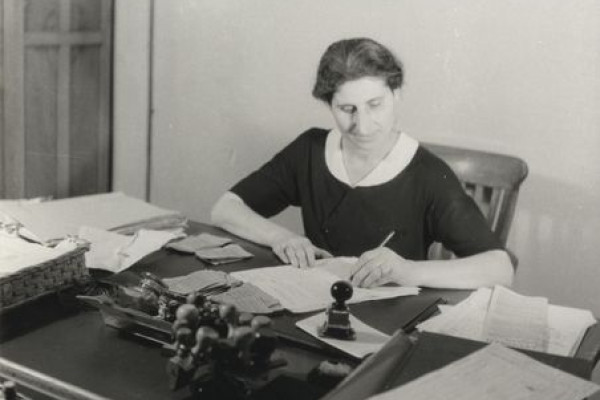
Director: Giorgio Bigatti
Treasurer: Anna Lonati
Heritage-Archive: Alberto De Cristofaro, Primo Ferrari, Carlo Milani
Heritage-Library: Alessandra Rapetti, Claudia Zonca
Educational and teaching division: Monica di Barbora
Cultural planning and social media: Sara Zanisi
Volontari: Giovanna Calati (Heritage), Giorgio De Vecchi (Educational and teaching division), Angelo Ferranti (Heritage)
Annual Report
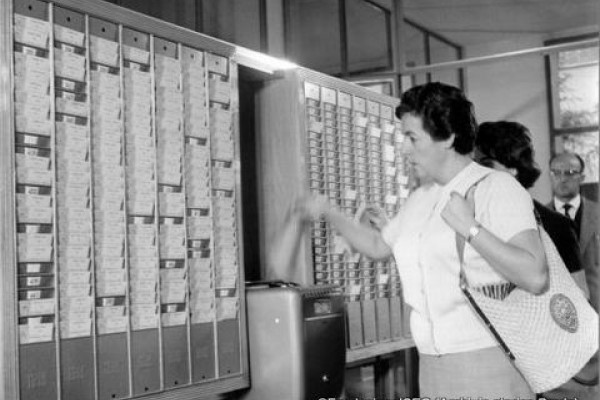
We present annual reports on the Fondazione’s activities.
Partners and Supporters
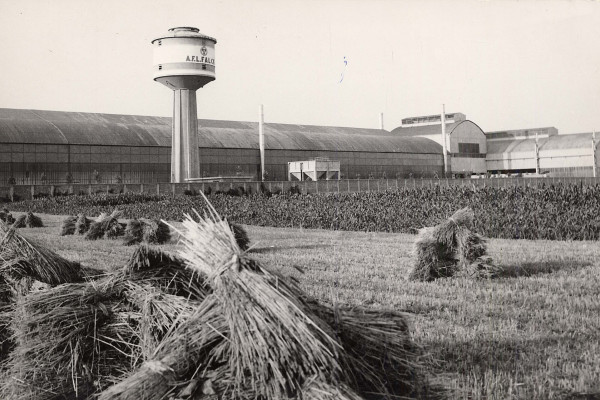
ISEC is member of Istituto nazionale Ferruccio Parri-Rete degli Istituti storici della Resistenza e dell’età contemporanea
Partners:
Projects are supported by:
Financial report
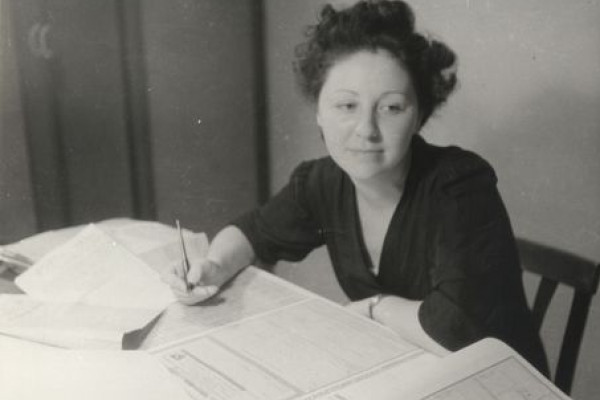
We present our latest financial report
Headquarters: Villa Mylius
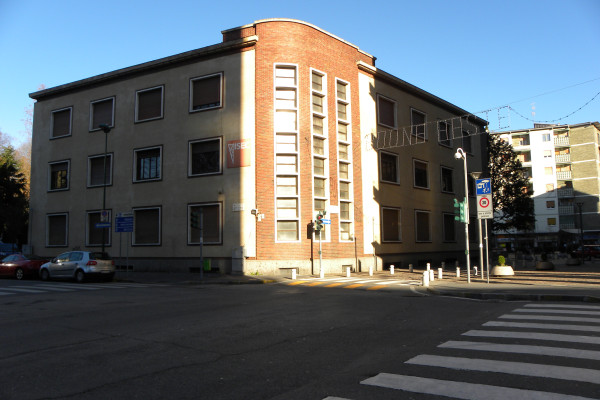
Fondazione ISEC is located in two different buildings that overlook Largo La Marmora in Sesto San Giovanni. The first building was built in 1937 in the architectonic style dominant in that period. The second building is an eighteenth-century villa belonging to one of the first Lombard mill owner, Enrico Mylius, that until the seventies of the last century hosted the offices of the municipal administration.
In Villa Mylius, besides the offices of the Foundation, there are:
• The study hall is used for documents consultation and it is also open for free personal works. The hall is equipped with Wi-Fi. Opening hours from Monday to Thursday: 9.30-13.00 and 14-17.30, Friday: 9.30-13.00).
• Conference room with about 80 seats, Wi-Fi, video projector and audio system.
• Seminar room with about 20 seats.
• Areas designed for temporary exhibitions and coworking. In the first building there are the archives and library stores.
ISEC History
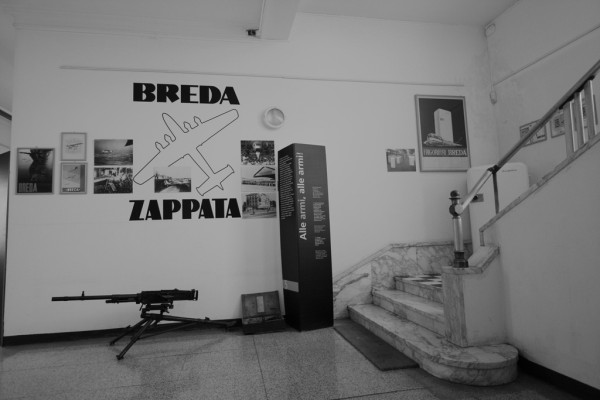
The institute was born in 1973 as Istituto milanese per la storia della Resistenza e del movimento operaio (ISRMO) and from the beginning it is part of the Rete degli Istituti storici della Resistenza e dell’età contemporanea, coordinated by Istituto nazionale Ferruccio Parri.
For over 40 years ISEC rescues, preserves and reorganises an impressive archival and book heritage in order to make it available to the scientific community and to the citizenship.
In 1987 it was transferred in the premises of Largo La Marmora and in 2002 it became Fondazione ISEC-Istituto per la storia dell’età contemporanea, in order to set forth the expansion of the patrimony, corpus that included files regarding the Italian Resistance movement, political parties archives, trade unions documents and many archives belonging to great industrial businesses.
In 2008 Mibact- Ministry of Cultural Heritage and Activities and Tourism conferred ISEC the recognition of economic and territorial archive, it was declared one of the most prestigious places in Lombardy for the conservation and enhancement of archives outcome from economic entities.